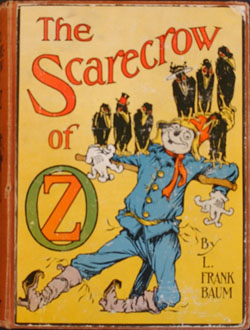In future installments of this blog, I will assert that at least some of the elements of the terms of these trans-rational approaches are not just as strong as the merely rational terms, they are significantly richer and better (more adequate) in important ways. And yet the debate itself is just one level of what's going on here.Thus, each speaks alone and tends to appear as isolated and extremely marginal "challengers" to the far more coherent, easily understood, and culturally powerful "scientific materialist" synthesis.
--Trans-rational approaches to synthesizing science and spirituality have no less of a basis in evidence and reason than do rational approaches. The atheistic rational synthesis sets forth its own ground, and implicitly, the terms of the debate it is offering to engage. In effect, it is directed toward particular arguments (the weaker arguments, or "straw men") it effectively vanquishes. But this functions as a rhetorical slight-of-hand that diverts attention from the more interesting and formidable baseis for this synthesis (the more interesting trans-rational terms for the marriage contract between science and spirit) that deserve to be more fully considered.
These trans-rational approaches have for the most part been arrived at by a different kind of thinking, and there's work to do in translating that kind of thinking into the rigorous, intellectually honest, rational terms of this public debate. Let's begin by taking a closer look at some of the kinds of thinking involved in this conversation.
Different modes of thought
The distinction between what I've called "strict rationalist" and "trans-rationalist" versions of this marriage contract contrasts not just two views of reality, but also the ways different modes of thinking reach conclusions, and the challenges to engaging a fruitful mutual dialogue.
Developmental research distinguishes different structures of thought and meaning-making that unfold across childhood and on into adulthood, so that some adults continue to develop beyond the point where others stop maturing. Sometimes these structures are referred to as "orders of mind", "stages of development", or "levels of consciousness". Each can be associated with a distinct general worldview that most often emphasizes particular values over others. This is a foundational insight of adult developmental psychology and integral philosophy as expounded by Robert Kegan, Jane Loevinger, Susanne Cook-Greuter, Ken Wilber, Claire Graves, and many others.
Examining the different modes of thinking involved in this debate will give us an important additional lens through which we can see more deeply into it.
Next Page 1 | 2 | 3 | 4 | 5 | 6 | 7 | 8 | 9
(Note: You can view every article as one long page if you sign up as an Advocate Member, or higher).






